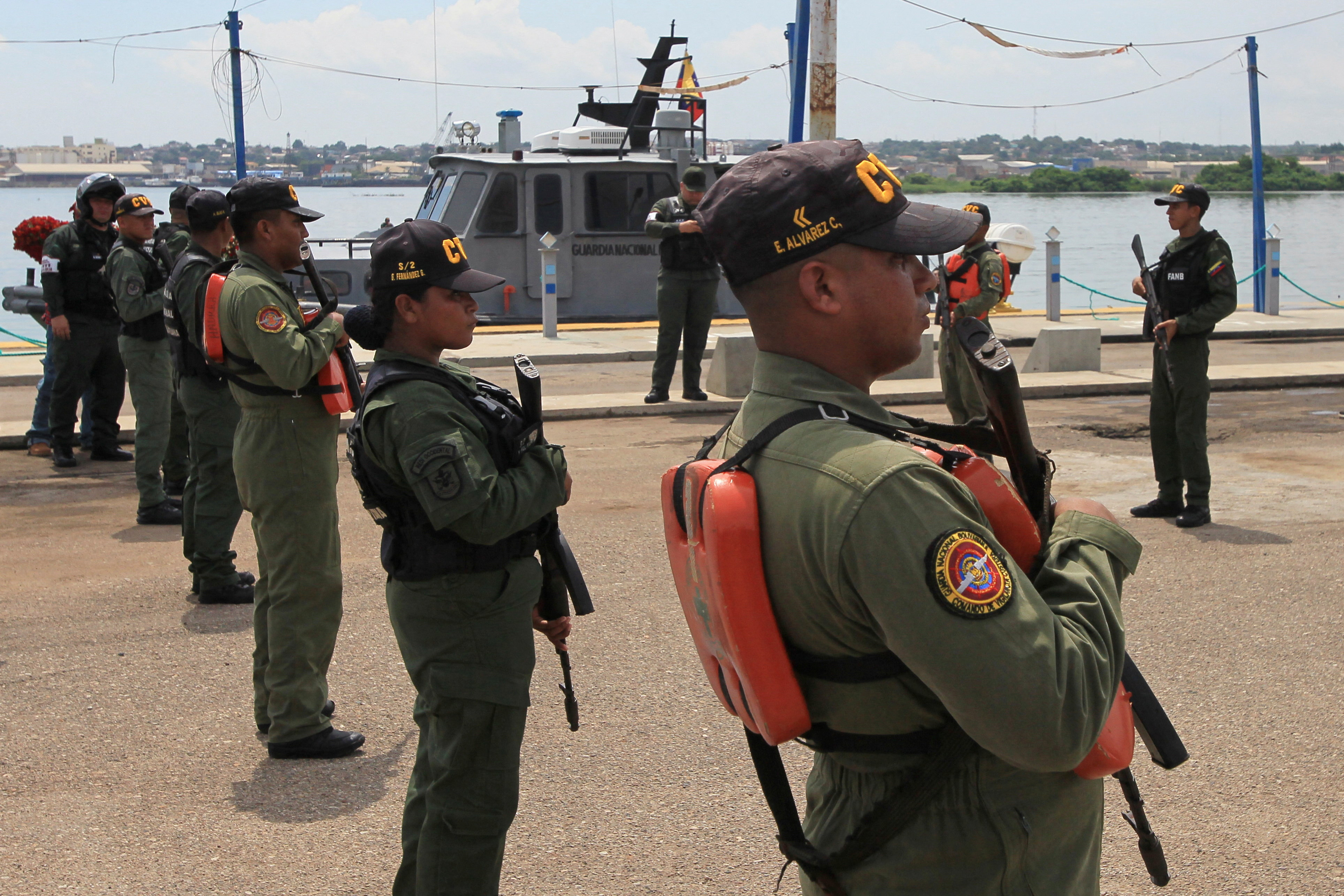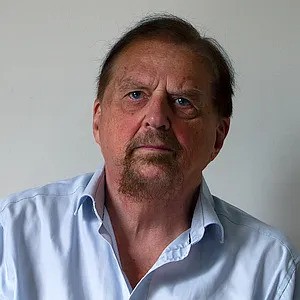Q: Why do some Canadians want Trump to invade Venezuela?
A: Because if Trump invades Venezuela first, he’ll get bogged down in that war and never get around to invading Canada.
Actually, most Canadians are not thinking that, because a) Venezuela is not even on their mental maps, and b) they are not convinced that Trump would ever really invade Canada. The US president talks about strangling Canada economically and forcing it to surrender that way, but the only places he has literally threatened with invasion are Greenland and Panama.
Nevertheless, this discussion is overdue because a US invasion of Venezuela would probably end up as a long and dirty guerrilla war. Eight million Venezuelans have left the country and at least half of the rest would love to see the end of Nicolás Maduro’s regime, but that leaves up to 14 million people who might decide to resist an American invasion.
Donald Trump is doing everything possible to look like he is serious about overthrowing Maduro’s regime by force. Since the beginning of September there has been an unprecedented growth in the number and variety of US naval and air assets in the southern Caribbean.
There are now F-35 stealth fighters based in Puerto Rico and B-52s making fake bombing runs at the Venezuelan coast. US guided missile cruisers are loitering offshore and the world’s biggest aircraft carrier on its way. There are 6,500 US Marines and soldiers in the region and a three-ship task force that can deliver them to anywhere on the Venezuelan coast.
Not only that, but the war talk coming out of Washington is berserk. “I don’t think we’re necessarily going to ask for a declaration of war,” Trump told reporters last week. “I think we’re just gonna kill people that are bringing drugs into our country. We’re going to kill them. They’re going to be, like, dead.”
‘Drugs’, in this narrative, are the justification for attacking Venezuela. Trump & Co. must know that US-bound cocaine comes mostly from Colombia and Peru while opioids, the real drug plague, come primarily from China and Mexico. In official US rhetoric, however, Venezuela is the main culprit.
US rhetoric caricatures Maduro himself as the head of an imaginary ‘narcoterrorist’ network called the Cartel of the Suns. The word ‘narcoterrorist’ is nonsense – terrorists use violence for political ends, whereas drug dealers sell narcotics for a profit – but it allows a link to the original ‘War on Terror’, which legitimised murder, torture and other crimes by the state.
Today the epithet ‘narcoterrorist’ is used in the same way to excuse random US air-strikes on people in small boats off the Venezuelan coast without even establishing their identity. (45 people have been killed in ten boats by US forces in just two months.) It’s clearly meant to frighten Venezuelan regime members into dumping Maduro, but what if they don’t fold?
If Trump’s bluff is called, could he actually invade Venezuela? Conventional military wisdom says not yet, because there are still not enough US troops in the region to guarantee a rapid and decisive American victory.
However, consider Admiral Alvin Holsey, the former head of US Southern Command, who has just resigned less than one year into a three-year term. Assuming he is in good health, there are only two plausible reasons why he might decide to give up such a prized career goal so early.
One is that he felt the small-boat killings under his command were a moral disgrace.
The other, rather more likely, is that he believed Trump would indeed order him to invade Venezuela with inadequate resources, thus making him both a war criminal and a failed commander.
Any American military commander anticipating an order from Trump to invade Venezuela will know the calculations that Russian leader Vladimir Putin made when he decided to invade Ukraine. He assumed that the Ukrainian army would not fight, that most people would welcome Russian troops, and that his ‘Special Military Operation’ would be over in a week.
In fact the war is in its fourth year, Russia has suffered more than a million casualties, and there is no end in sight.
Trump’s Special Military Operation against Venezuela, if he launches one, would be a much smaller affair, and all the airfields, ports and military depots would be under American control within a week. The big cities, too, at least during daylight hours. But even a few hundred thousand people could keep a guerilla war of resistance going for years.
Call them ‘patriots’ or ‘regime loyalists’ or even ‘narcoterrorists’, but there are probably enough Venezuelan nationalists who would be outraged by an American takeover of their country to make Trump’s remaining years in power a misery if he invades. Remember Afghanistan. Remember Iraq. Remember Ukraine.
Gwynne Dyer’s new book is ‘Intervention Earth: Life-Saving Ideas from the World’s Climate Engineers’. The previous book, ‘The Shortest History of War’, is also still available.






Click here to change your cookie preferences